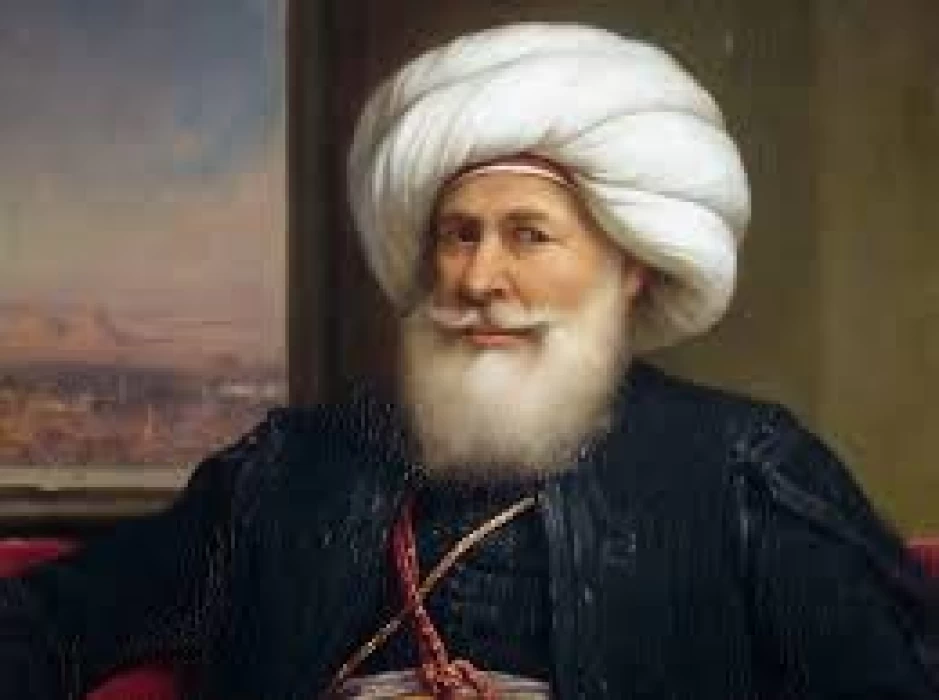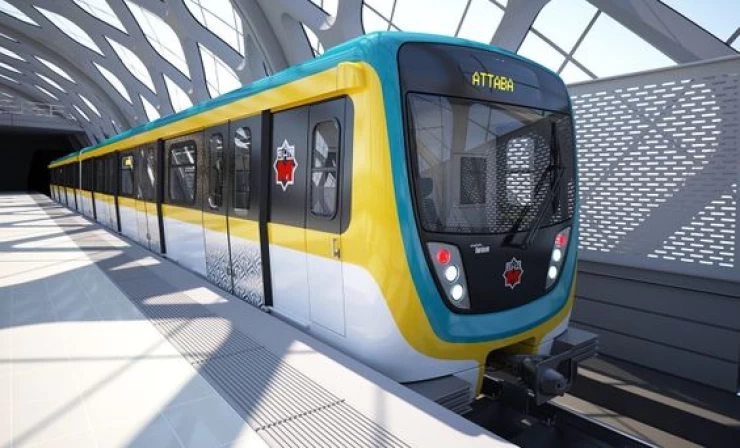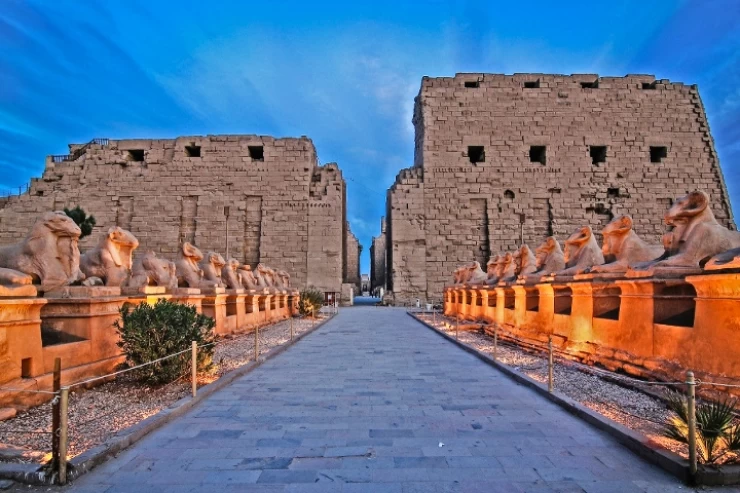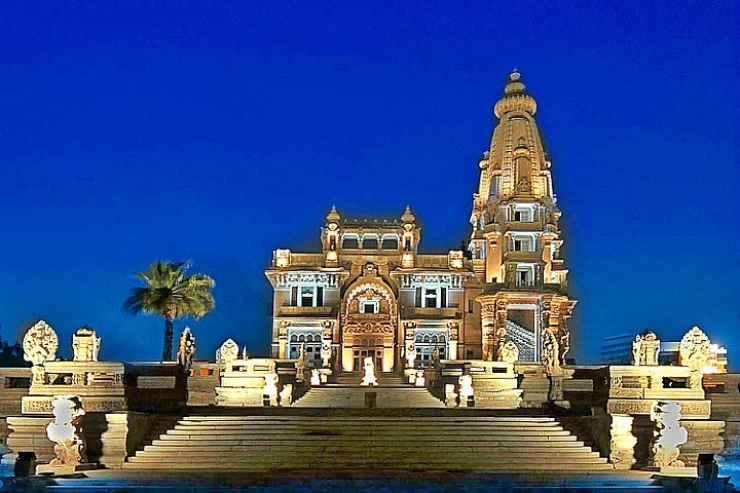
Muhammed Ali Pasha | Muhammed Ali the ruler of Egypt
Muhammed Ali’s father was the commander of a small military force of Qala in Greece in addition to his business in tobacco. He followed his father in the tobacco trade when. Muhammad Ali was his father's successor as head of the Qala military force: He showed great courage. In 1799 Muhammad Ali came to Egypt as part of an Ottoman military unit to work to get rid of the French, but it ended with the Ottoman forces defeating at the Battle of Abu Qir, and then he returned to his country.
After the French campaign was withdrawn, he became to be the rank of (major general), and then nominated to be commander of the palace guard under the governor. on June 18, 1805, He was able to ally with merchants and clerics, and he was appointed to be governor of Egypt by Sultan Selim III. You can learn more about the great history of Muhammed Ali during one of your Egypt Classic Tours to Egypt with Cairo Top Tours.
He faced many obstacles in expanding his power. The history of Egypt in the first half of the nineteenth century was shaped by Muhammad Ali to make a secure and sustainable reign. Therefore, he created a fleet and an army of Egyptians recruited from the peasant class but with non-Egyptian leaders. He built Western-style schools to train doctors, engineers, veterinarians, and other specialists to enhance education and professions. Some of Muhammed Ali’s schools and palaces are standstill in Egypt that you can visit during Egypt Easter Tours with our certified Egyptologists.
Moreover, He was sending educational missions to European countries to train in modern techniques as human investment., he and his family ruled Egypt and the Sudan in 1841, but his authority was still subject to restrictions from Othman by the rights of the sultan. Muhammad Ali retired from office due to poor health1840s. The rule officially passed to Ibrahim, Muhammad Ali's son in 1848, who died shortly thereafter, followed by Muhammad Ali himself death in the following year.
He was a common soldier who advanced to leadership through his military skills and political vision. In 1799 he commanded a Turkish army in an unsuccessful attempt to drive Napoleon from Egypt. As Pasha, he was essentially independent of his nominal overlord, the Ottoman sultan. He improved his armed forces and administration, created schools, and began many public works, especially irrigation projects.
Muhammad Ali modernized education, ordering the translation of European books on a large scale, protecting children against disease and offering them medical care, conducting censuses, and undertaking huge public works projects that established cotton as a key Egyptian cash crop, which remains today. Early in his career, he controlled the spread of fundamentalist Wahhabi Islam from the Arabian Peninsula.
Often known as Mehmed Ali, Muḥammad ʿAlī was the viceroy and pasha of Egypt (1805–48), founding the dynasty that ruled the country from the start of the 19th century to the middle of the 20th. He was born in Kavala, Macedonia, Ottoman Empire [now in Greece] in 1769 and passed away in Alexandria, Egypt, on August 2, 1849.
Mohamed Ali Mosque, as we know it by the name the Alabaster Mosque, is one of Egypt's most impressive mosques. It reaches the tallest point within the Citadel of Saladin. The creator who was Yousif Boushnaq was of Turkish origin and had been brought from Istanbul to build this exceptional mosque for Mohamed Ali, the founder of Modern Egypt who ruled from 1805 till 1849 A.D. Upon your arrival in Egypt, Cairo Top Tours will take care of your visit to the land of the Pharaohs with our highly qualified guides specialized in Egyptology.
Mohamed Ali entered politics to serve the Egyptian people. He eventually became the governor of Egypt and implemented various developments in the country. He also successfully dealt with the El Mamalik, who were causing chaos in Egypt. Due to his efforts, Mohamed Ali became beloved by the Egyptian people. As such, Cairo Top Tours offers daily trips to visit the Muhamed Ali Mosque and enjoy the beauty of this valuable place that reflects the greatness of archaeology and its deep history.


















